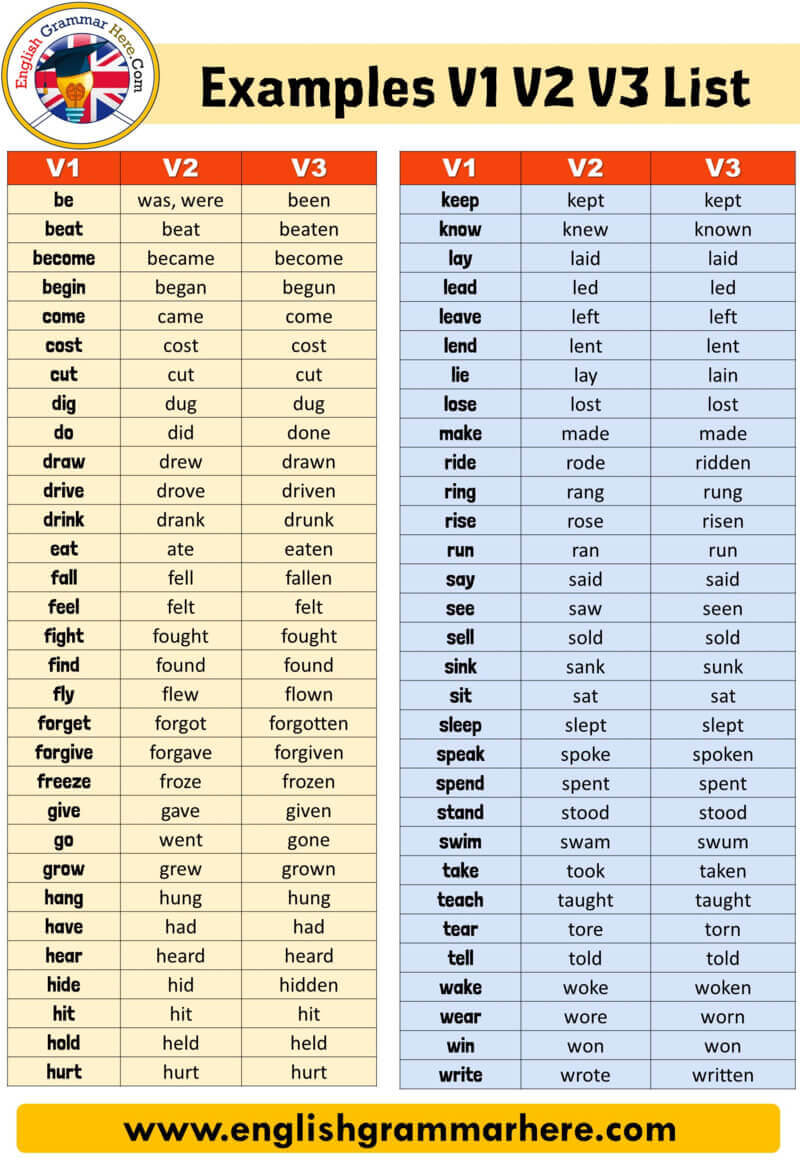
Used to describe a situation that happened in the past.ģ. Used to describe something that is happening now.Ģ. Onvoltooid Tegenwoordige Tijd (“Present Simple”) Each one has a different use: The eight tenses of the regular verb praten (“to talk”)ġ. Thus, the Dutch language has, in total, eight tenses. Besides these two tenses, there are also some “semi-tenses.” The six semi-tenses appear when the present or past tense interacts with an aspect (temporary or continuing) or a mood (factual or hypothetical). The Dutch language has two main tenses: the present simple and the past simple. Take a look at this brief Dutch conjugation table: Dutch conjugation of hebben (“to have”) The politeness level doesn’t have such a big influence on the Dutch language, unless you use hebben (“to have”) in the present tense.

However, irregular verbs are a different story.įor example, the irregular verb zijn (“to be”) in present tense:Īs you can see, the Dutch verb conjugation also changes because of the number of subjects (for example, see the difference between “you” and “they”). Quite similarly to English, Dutch regular verbs don’t change with every different person. 1- Persons, number of subjects, and politeness level 1st person singular Okay, but what does that mean? Let’s give you some examples.

What is Conjugation? Dutch verb conjugation defines how the verbs change depending on the person, the number of subjects, the politeness level, and the tense.

And with that information, you’ll have the tools to start understanding Dutch verb conjugation.Ĭonjugation is a basic skill that you need to really understand the Dutch language. After that, you can proceed to learning the different types of Dutch verbs. What verb form should you use, when and why?įirst, it’s important to understand the concept of conjugation and how it influences the Dutch language. But to be able to use verbs well, you have to understand their conjugation.

Why is it so important to study Dutch verb conjugation? Verbs are a crucial aspect of any language, and Dutch is no exception.


 0 kommentar(er)
0 kommentar(er)
